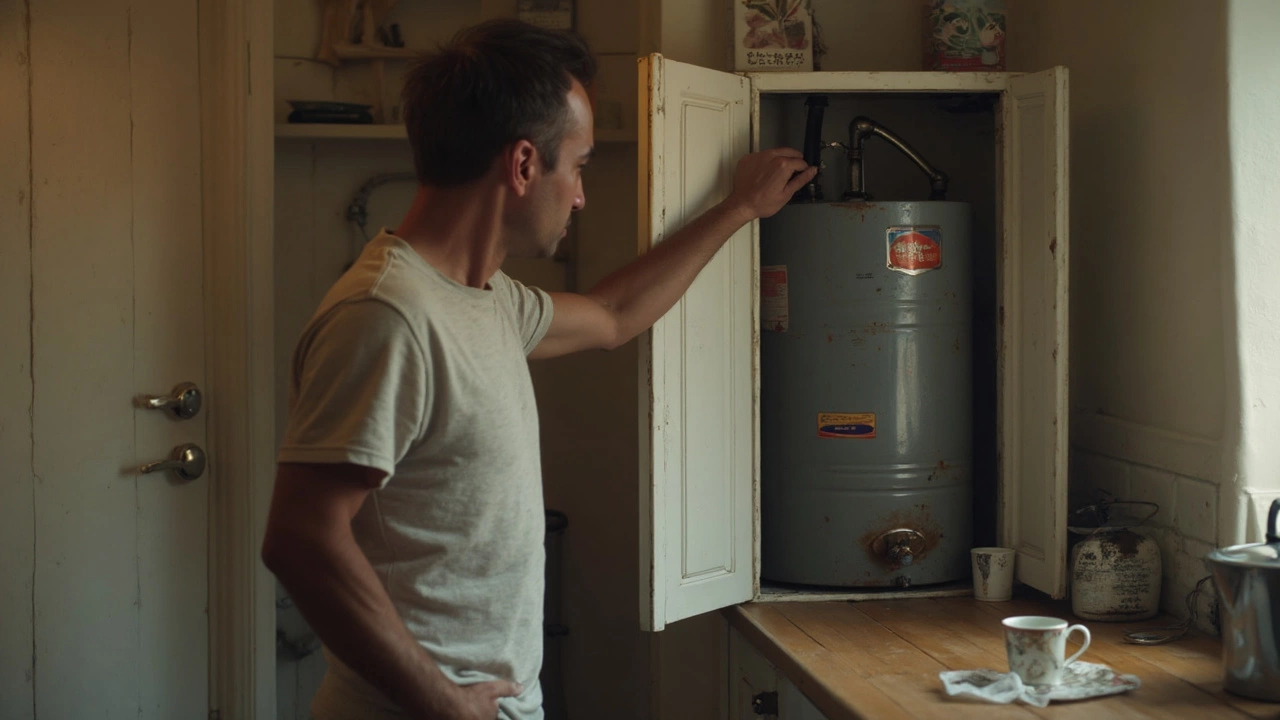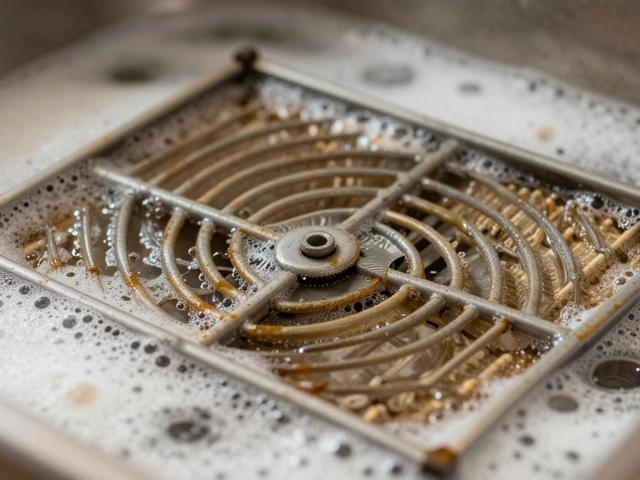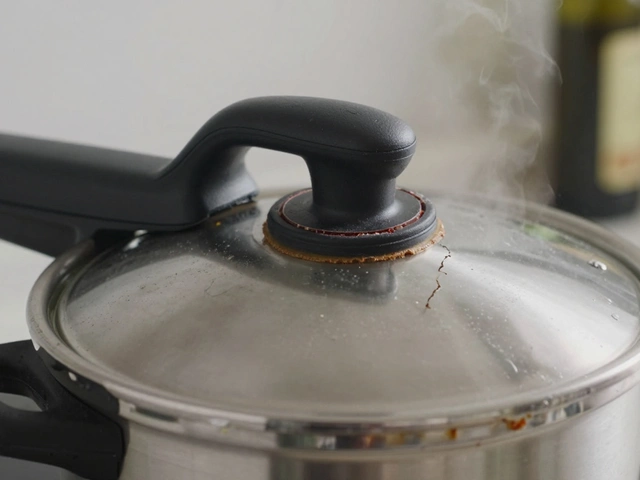Replace or Repair: When to Fix and When to Buy New
When tackling a broken home device, the first step is to understand Repair vs Replacement, the process of deciding whether to fix a broken home appliance or buy a new one. Also known as fix or buy decision, it helps homeowners save money and avoid unnecessary waste. This decision hinges on cost, safety, energy efficiency and how long the item is expected to last. replace or repair isn’t a one‑size‑fits‑all rule; each appliance brings its own quirks. For example, a cheap toaster might be cheaper to replace than to service, while a high‑end refrigerator could be worth a professional fix. The goal is to weigh the repair bill against the price of a comparable new model, factoring in any hidden fees like installation or disposal.
Key Factors to Consider
Different appliances have different lifespans and failure modes. Take Appliance, any device that assists with household tasks such as cooking, cleaning or food storage. An older oven often suffers from worn heating elements or faulty thermostats. Our posts on oven repair versus replacement break down typical costs, energy savings and safety concerns, so you can gauge whether a $150 fix beats a $900 new oven. Refrigerator, the cooling unit that keeps food fresh presents a different picture: a bad compressor can be pricey to replace, but a newer, Energy Star model may slash electricity bills dramatically. For freezers that stop making ice, a simple seal replacement can restore function without the expense of a brand‑new unit.
Boilers are another big ticket item. A Boiler, the central heating system that supplies hot water and warmth that leaks or loses pressure may need a costly overhaul, yet the safety risks of a failing gas appliance often outweigh repair savings. Our guide on boiler emergencies highlights when a quick fix is enough and when a full replacement is the safer route. The same logic applies to extractor fans, which improve kitchen ventilation but can become noisy or under‑performing. Deciding to service the motor versus swapping the fan hinges on the age of the unit and the cost of a compatible replacement.
Across all these examples, three semantic connections emerge: the decision (repair vs replacement) depends on the type of appliance, the cost of repair, and the potential energy savings. By understanding how each factor interacts, you can make a confident choice that balances budget, safety, and longevity.
Below you’ll find a curated list of articles that dive deeper into specific scenarios—oven troubleshooting, fridge repair cost breakdowns, boiler safety checks, and more. Each piece offers practical tips, real‑world cost comparisons, and step‑by‑step guidance so you can decide quickly whether to roll up your sleeves or head to the store.
Ready to see the full range of advice? Scroll down to explore detailed guides that will help you pinpoint the best path for any appliance in your home.
Wondering if it makes sense to fix a 20-year-old water heater? This article breaks down signs of aging, what repairs might actually work, how much repairs can cost, and when you should call it quits and replace the thing. You'll get no-nonsense tips to help you make a smart choice before throwing more money at a tired water heater.


